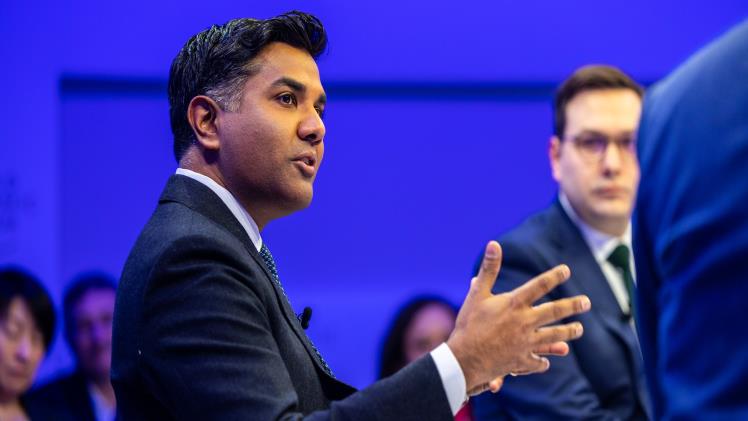In the digital age, the proliferation of disinformation poses a grave threat to democracy, undermining trust in institutions, eroding public discourse, and sowing division among communities. With the rise of social media platforms and online news sources, misinformation and propaganda can spread rapidly, reaching millions of users and shaping public opinion on critical issues. Combatting disinformation requires a multifaceted approach that addresses its root causes, strengthens media literacy, and promotes transparency and accountability in the digital ecosystem. By examining the challenges, consequences, and strategies for countering disinformation, we can safeguard the integrity of democratic processes and uphold the principles of truth, fairness, and informed citizenship.
Understanding the Challenge of Disinformation
Disinformation, often spread through social media, online forums, and partisan news outlets, encompasses false or misleading information intended to deceive or manipulate audiences for political, ideological, or financial gain. Disinformation campaigns exploit vulnerabilities in the digital ecosystem, such as algorithmic amplification, echo chambers, and viral misinformation, to amplify false narratives, sow confusion, and polarize public opinion.
The consequences of disinformation are far-reaching. They undermine the credibility of democratic institutions, exacerbate social divisions, and erode public trust in the media and government. From election interference and conspiracy theories to public health misinformation and online harassment, disinformation poses significant risks to the integrity of democratic processes and the well-being of society as a whole.
Strategies to Combat Disinformation
Combatting disinformation requires a coordinated and comprehensive response that engages stakeholders across government, civil society, technology companies, and academia. Key strategies include:
- Promoting Media Literacy: Investing in media literacy education programs that teach critical thinking skills, fact-checking techniques, and digital citizenship to empower individuals to discern credible information from misinformation.
- Enhancing Platform Accountability: Holding social media platforms and online intermediaries accountable for the spread of disinformation through measures such as content moderation, fact-checking partnerships, algorithmic transparency, and user empowerment tools.
- Supporting Independent Journalism: Strengthening independent journalism and fact-checking organizations to provide accurate, reliable information and hold powerful actors accountable for their actions.
- Fostering Digital Resilience: Building resilience against disinformation by promoting transparency, accountability, and ethical practices in the digital ecosystem, including transparency in online advertising, data privacy protections, and responsible social media use.
- International Cooperation: Fostering international cooperation and multistakeholder partnerships to address cross-border disinformation threats, share best practices, and develop common standards and norms for countering disinformation.
Empowering Informed Citizenship
At the heart of efforts to combat disinformation lies the empowerment of informed citizenship, where individuals are equipped with the skills, knowledge, and resources to critically evaluate information, engage in reasoned debate, and participate actively in democratic processes. By promoting transparency, accountability, and integrity in the digital public sphere, societies can cultivate a culture of truth-seeking, evidence-based discourse, and civic engagement that strengthens democracy and resilience against disinformation.
Conclusion: Safeguarding Democracy in the Digital Age
In conclusion, combatting disinformation is essential for safeguarding democracy, promoting civic engagement, and upholding the integrity of the public discourse in the digital age. By addressing the root causes of disinformation, strengthening media literacy, and promoting transparency and accountability in the digital ecosystem, societies can build resilience against the spread of falsehoods and ensure that democratic processes remain robust, inclusive, and responsive to the needs and aspirations of all citizens. As we confront the challenges of disinformation, let us remain vigilant in defending the principles of truth, fairness, and informed citizenship, ensuring that democracy thrives in the face of misinformation and manipulation.

